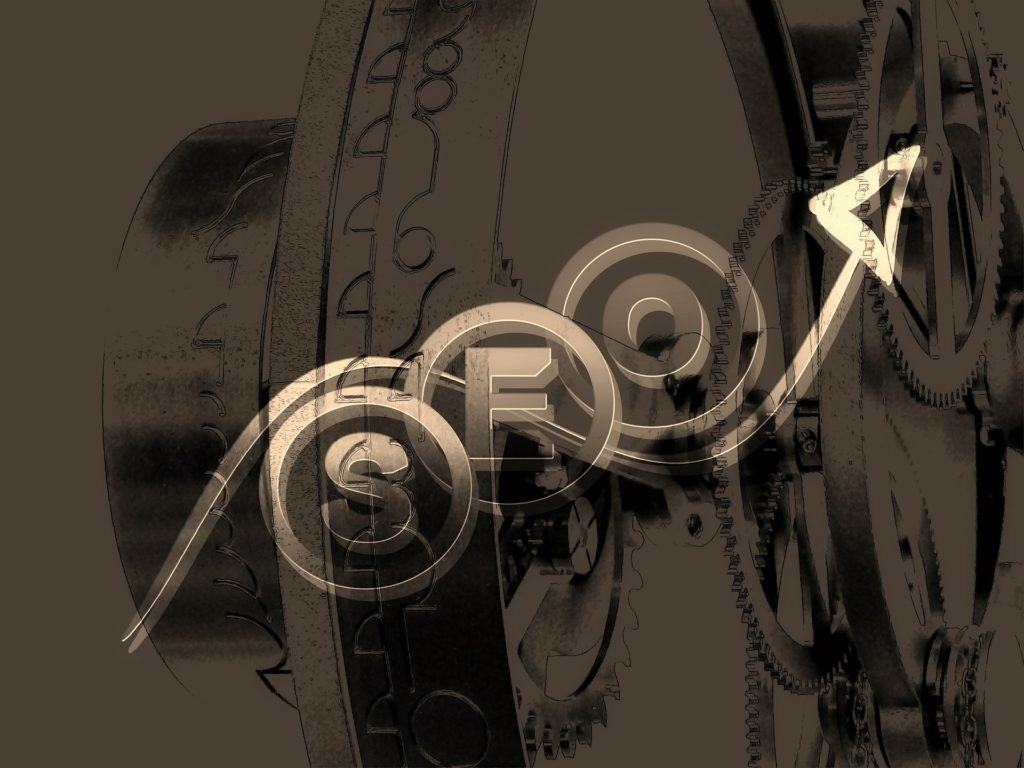On Page SEO
 On Page SEO Tips
On Page SEO Tips
Dating back to as early as the introduction of search engines to the Internet, Search Engine Optimization whether On-page SEO or Off-page SEO, both involve techniques enhancing a website’s or web page’s “visibility”. It’s not so hard to find online tutorials in the form of webinars, podcasts, e-books and video tutorials since the topic gained popularity proving vital in sustaining web presence, very essential especially for websites that sells or provides services thus requiring ease when searched in various search engines.
With the advent of Internet, the two camps on SEO came with it and debates propagate into topics which even included web sites’ integrity and SEO as a profession. One gaining greater attention is Off-page SEO which includes back links. On the other hand, On-page SEO will be discussed for the purpose of this article. The following are On-page SEO practices that will help you webpage get more hits.
Title Tag Containing Keywords
In most websites the title is the first thing you see immediately letting you know what the site is about. For example in Google’s main page the title tag reads “Google”. Similarly, seeing “Wikipedia” instantly lets you know you’re on Wikipedia to wiki-search something you need to know about. The title serves the purpose of introducing the site to the visitor in a glance.
In On-page SEO the title also serves the purpose of letting the search engine know your website’s content. You can have more than one title tag; you can use the separator “|” (example: “Golfing Tips For Beginners | How to Play Golf”).
Heading Tag Usage
If you are new to HTML you may want to review on what an H1 tag is. This allows you to add headline titles to your website, as in newspaper headlines, giving emphasis to the site’s main content and gives an overview on what the site is about, to be identified when matched by the search engine.
Content Keyword Saturation
Probably this is the most important aspect in on-page search engine optimization. Choose wisely the keywords you are going to use to represent your website. You can find several keyword tools available in the net to help you decide on which keywords to use. But also remember, flooding or stuffing your site with the keywords may result to less priority in search engines, the algorithms used by these engines can detect whether the words are used in a meaningful manner and not just for keyword-stuffing. Recommended keyword density is 1-4% of content.
Open First Paragraph with Keyword Phrases
It is thought of that adding keyword phrases to the first paragraph of your web page’s content ensures that the search engine would be able to read it thus recognize your site once someone types in the said keywords. The same thing goes for writing articles.
Using the Appropriate Anchor Texts
Anchor texts are link texts with significant implication to weights in ranking given by search engine algorithms hence given due emphasis in On-page SEO. So you must choose catchy words as anchor texts. For example instead of the word “Blog” linking a page to your blog, you may use “Article Marketing” or “Writing Tips” depending on your blog’s main content to give a better picture of your blog.
